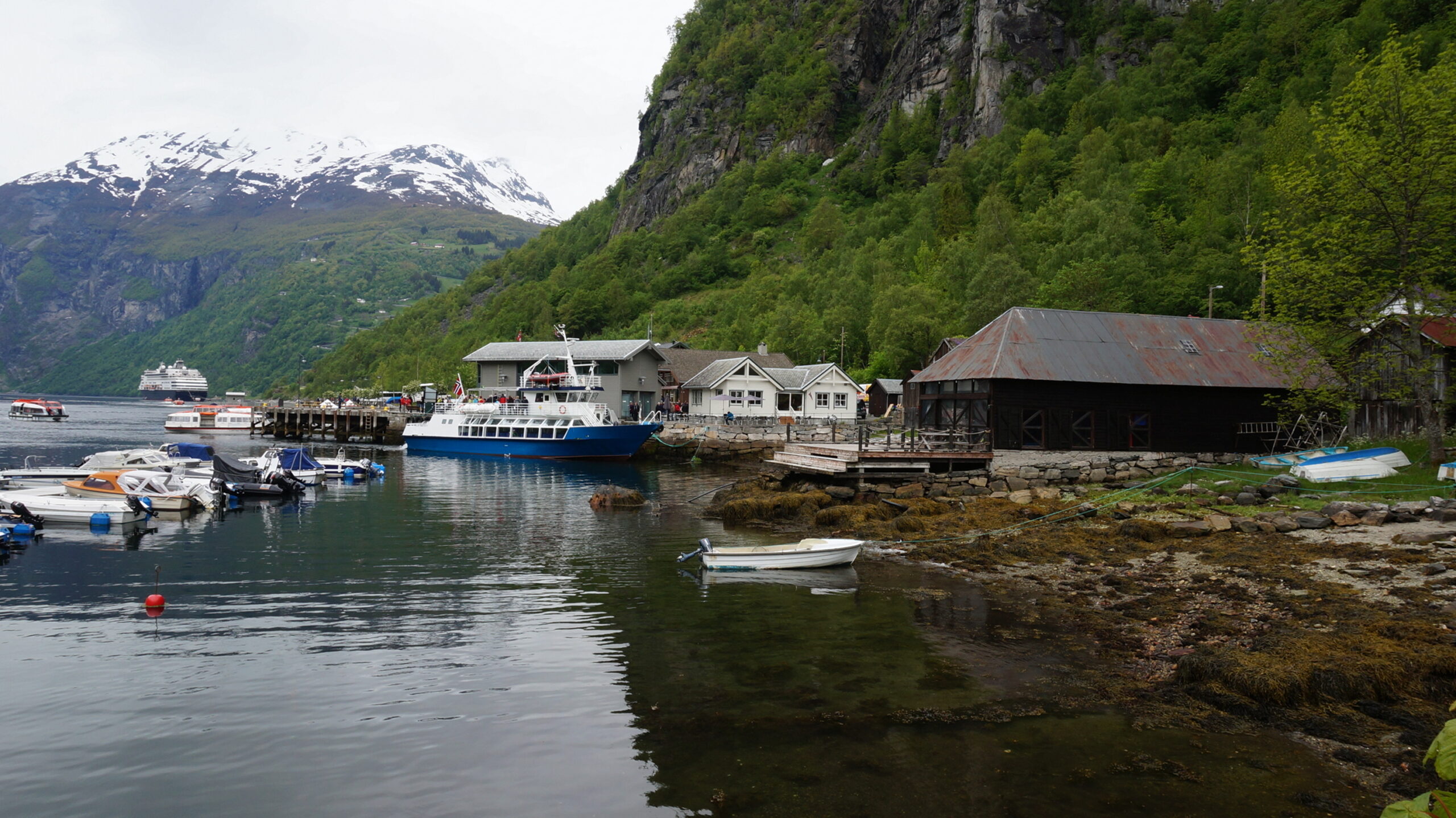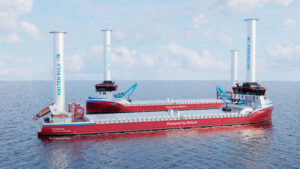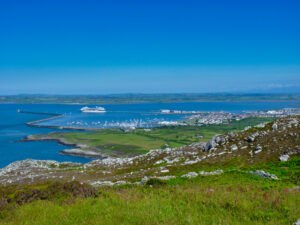New report urges Nordic ministers to take immediate action to support the industry in achieving its goals by closing the cost gap associated with the fuel transition.
The Nordic Roadmap project has unveiled the Fuel Transition Roadmap for Nordic Shipping, a comprehensive document outlining a decarbonization strategy for the region.
The findings of the report and recommendations were officially presented to Nordic ministers yesterday at a high-level conference on green shipping in the Nordic region, held in Copenhagen.
The roadmap is developed by the project team led by DNV with members from MAN Energy Solutions, IVL Swedish Environmental Research Institute, Chalmers University of Technology, Menon Economics, and Litehauz, and in collaboration with more than 60 industry partners.
The project started in 2022 and is funded by the Nordic Council of Ministers.
The key recommendations of the roadmap highlight the urgent need for government action to bridge the cost gap for zero-emission fuels and to accelerate the implementation of competitive tenders for green shipping corridors.
The strategy envisions the first corridor becoming operational by 2025, followed by three more by 2026, and an additional six by the end of 2028.
An immediate priority is to develop a plan for the regional integration of fuel production and infrastructure.
The roadmap strategy identifies demand-costs, fuel availability, and technology-safety as the three main barriers to their uptake in the region.
“We call on Nordic governments to act swiftly on the urgent measures identified in the Fuel Transition Roadmap for Nordic Shipping. Doing so will give the industry confidence to invest in ships capable of running on zero-emission fuels, and the fuel infrastructure needed to support them,” said Knut Ørbeck-Nilssen, CEO Maritime at DNV.



